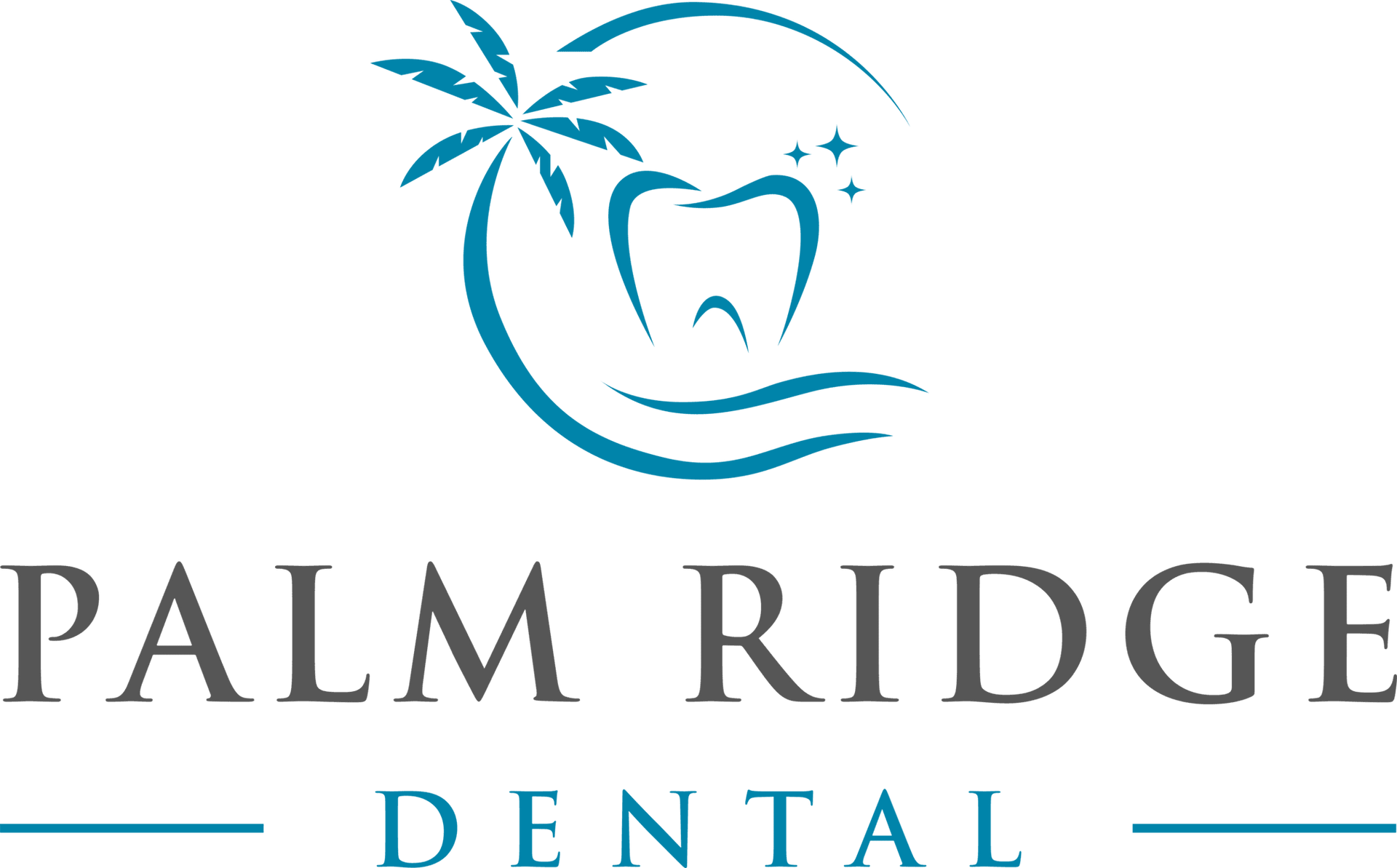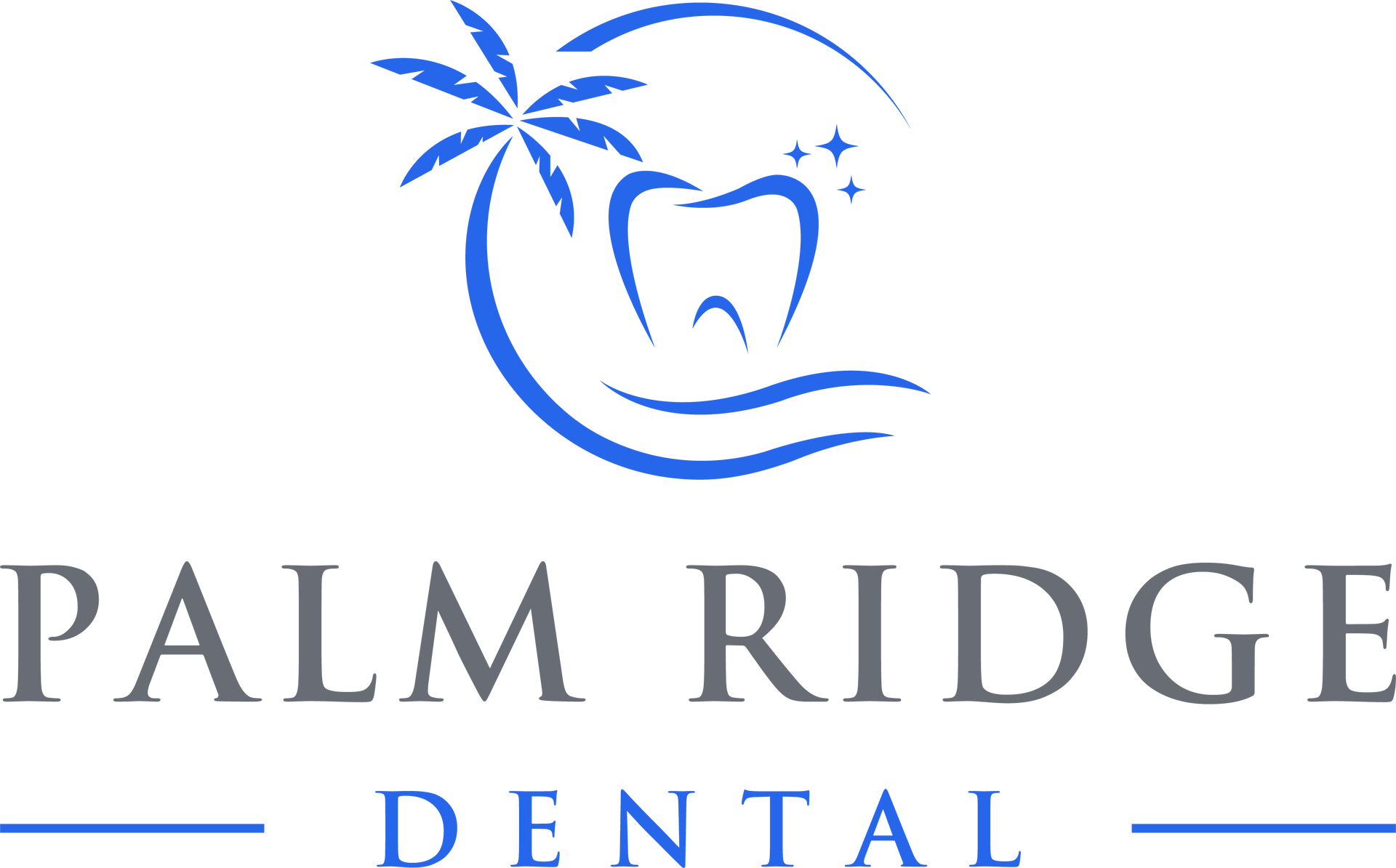Dental Cleanings | Dental Hygiene Service
Everyone should clean their teeth at home by regularly flossing and brushing. However, there are spaces in our mouths that are difficult to clean on our own, which is why we all need to have our teeth professionally cleaned every few months by a dental hygienist. As your local dental practice, our job is to keep our patients oral health in check. We do this by providing our patients with an oral exam and thorough cleaning of their mouth. A dental cleaning involves the removal of plaque, polishing, and instructing on proper oral care from home.
Dental cleaning helps remove excess plaque from hard-to-reach places in our mouths. Plaque is a mostly invisible sticky film of bacteria that forms on our teeth when we eat and drink. The bacteria in plaque acts as an acid that can decay tooth enamel and cause cavities.
If left untreated, plaque turns to tartar, and tartar can form a shield overtop of our gums that can cause inflammation, which can cause bleeding and the gumline to be pushed down, which in turn causes tooth sensitivity and even tooth and bone loss.
We understand that there are patients who do not wish to come into the office, for one reason or another. Typically, patients tend to skip dental visits due to anxiety, dental pain, income, or the lack of dental insurance. These are all valid reasons that our dentist can address with you on your next visit as it is even more important to care for your health, which includes your oral health. Please call our office if you have certain care requirements.
Fluoride can be especially beneficial for patients for several reasons:
Fluoride plays a vital role in protecting and strengthening teeth at every stage of life, but it is especially important for older adults. As we age, natural changes in the mouth combined with medical conditions and medications can make teeth more vulnerable to damage. Regular exposure to fluoride through toothpaste, mouth rinses, or professional treatments provides powerful protection for seniors in several ways.
- Prevention of Tooth Decay: With age, teeth can become more prone to cavities due to enamel wear, gum recession, and changes in oral health habits. Fluoride strengthens enamel and makes it more resistant to acid attacks from bacteria, lowering the risk of tooth decay.
- Combats Dry Mouth (Xerostomia): Many seniors experience dry mouth as a side effect of medications or aging. Because saliva helps neutralize acids and wash away food particles, reduced saliva increases the risk of cavities. Fluoride provides added defense by protecting teeth when natural saliva flow is lacking.
- Protects Exposed Roots: Gum recession is common in older adults, leaving tooth roots exposed. Unlike enamel, roots are covered with softer dentin, which is more vulnerable to decay. Fluoride helps remineralize these areas and prevent root cavities.
- Reduces Tooth Sensitivity: Sensitivity often increases with age due to gum recession and thinning enamel. Fluoride helps shield exposed dentin and reduces sensitivity, making it more comfortable to enjoy hot, cold, or sweet foods and drinks.
- Enhances Remineralization: As we age, the natural ability of teeth to repair early enamel damage weakens. Fluoride boosts remineralization, rebuilding weakened areas and reversing early stages of decay before they progress into cavities.
- Promotes Long-Term Oral Health: Fluoride works hand-in-hand with good oral hygiene to maintain strong, healthy teeth. For seniors who may face challenges with brushing or flossing, fluoride acts as an extra layer of protection against dental issues.
- Prevents Costly Dental Procedures: By lowering the risk of cavities and sensitivity, fluoride can help seniors avoid expensive and complex treatments such as fillings, crowns, or extractions—making it a cost-effective investment in oral health.


